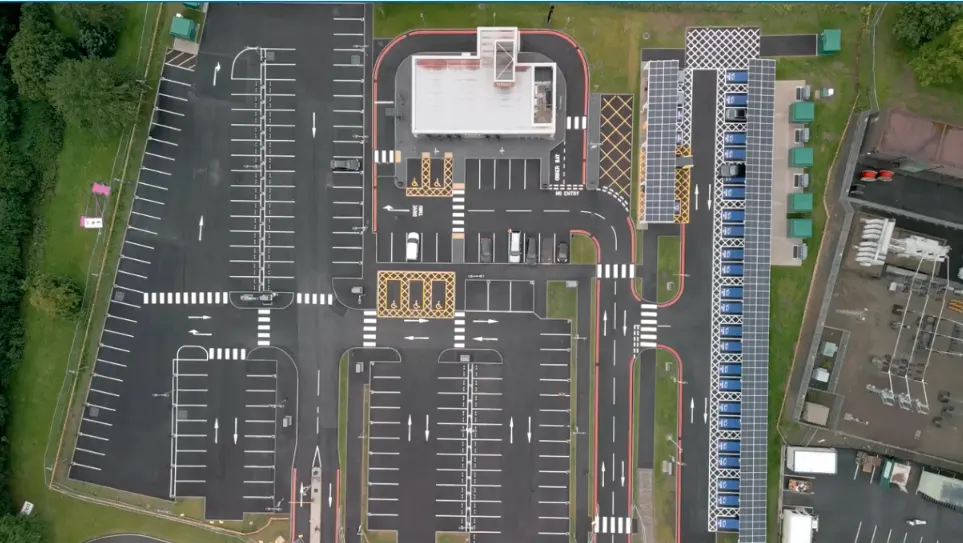What is the Workplace Charging Scheme and am I eligible?
You may have noticed the growing spotlight on electric vehicles since the Government set its sights on eliminating the sales of new petrol and diesel vehicles by 2030. This triggered the exponential rise of pure electric car and van registrations by 50% to 137,498 in July 2022* compared to 92,420 by the same time in 2021.
In essence, that means the Office for Zero Emission Vehicles (OZEV, formerly OLEV) are keen to see businesses, charities and public sector organisations encouraging their people to drive electric. So, if your fleet or company car policy is moving towards electrification, or you’re promoting the uptake of electric cars through your salary sacrifice scheme – you’re most likely to be eligible for the Workplace Charging Scheme.
There are some stipulations, like:
your car parking can’t just be for visitor use – staff and drivers must regularly use it
you must gain permission if you don’t own or manage the land your potential charge points will be installed on
the car parking area must not be attached to a domestic property
you can’t have already claimed under the EV Homecharge Scheme or Domestic Recharging Scheme
you need to be installing new chargers and not claiming for existing ones
each individual socket must have a power supply of 3kW that will not be affected by other vehicles being charged at the same time
you can only install one socket for each accessible parking space.








